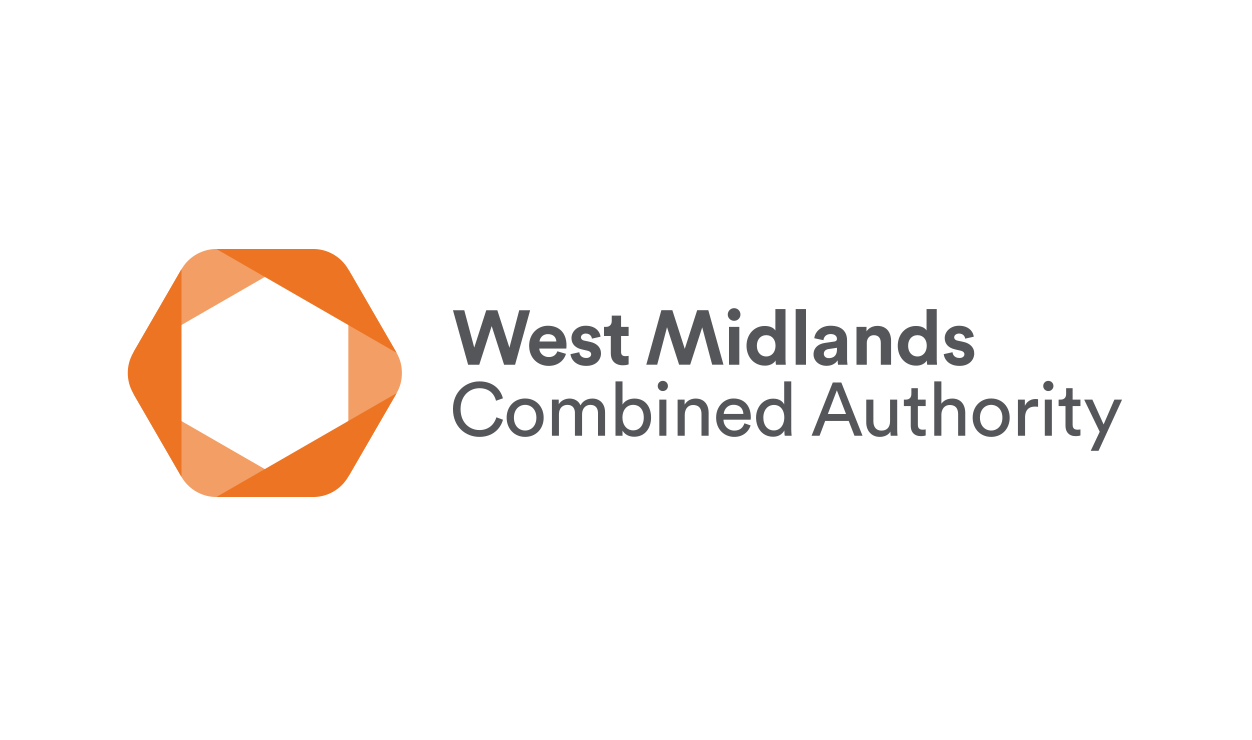Regional resilience plans approved
Published: Friday 17 Feb 2017
West Midlands Combined Authority (WMCA) today (February 17) approved plans to help cope with the anticipated congestion caused by a series of major road, rail and infrastructure projects.
The combined authority's transport arm, Transport for West Midlands (TfWM), has worked jointly with the Police & Crime Commissioner and business leaders in drawing up the regional resilience strategy, which was presented to the WMCA board by Cllr Roger Lawrence, lead member for transport.
Cllr Lawrence said a co-ordinated, strategic approach was the only way to create viable resilience plans to tackle the impact of major construction projects like HS2, and motorway improvement works.
All partners have worked very hard to gather evidence and come up with actual solutions to this issue, which is a continuing challenge for our region's movement and economic activity," he said.
Projects are planned by Highways England, Network Rail and a number of local authorities, all of which are likely to cause short term and long term disruption for commuters and businesses.
We know we still have a great deal of work to do but we are now at a point where we agree what our priorities are and how to meet them together
Police & Crime Commissioner David Jamieson said: I welcome this work to reduce congestion and ensure our roads keep flowing.

“It is crucial for the region’s economy and ultimately for jobs and growth that people and goods can get to where they need to be quickly and efficiently.
It is crucial for the region's economy and ultimately for jobs and growth that people and goods can get to where they need to be quickly and efficiently.
HS2 is going to bring great benefits to the region, but it is also important that its construction does not bring us to a standstill. These plans will help to make sure we have the necessary resilience in the network to guard against that
Paul Faulkner, Greater Birmingham Chamber of Commerce chief executive, said: The recently formed TfWM is tasked with playing an integral part in implementing the combined authority's vision of a fully integrated and first rate public transport system.
As a Chamber we have enjoyed working closely with TfWM managing director Laura Shoaf and her senior management team to inform the business community on the key role TfWM is playing in improving regional transport networks and creating economic growth.
We have seen significant improvements to transport infrastructure across the West Midlands with further investment planned in the next decade.
Our region is poised to maximise the benefits that will arise from this additional funding as it will give businesses the chance to access new markets and realise their rich potential.
However, we have to be mindful of the potential congestion issues which will arise as a result of the different projects.
At the heart of TfWM's Network Resilience Programme is a specific and clear focus on managing demand, increasing capacity and improving efficiency, all constructive and sensible measures which will go towards alleviating these problems and keep the Midlands moving.
"We need to keep in mind the long term benefits which will arise from this work and unlock the region's full economic capacity.
We look forward to working with partners to engage businesses with this agenda."
The report sets out the scale of the challenge in securing a resilient and robust transport network during major infrastructure work across the West Midlands and recommends how to help the system cope with planned change and incidents.
These include major maintenance works at the M5 Oldbury Viaduct, HS2 Phase 1, Network Rail's upgrades around Birmingham, WMCA's own investment in HS2 Connectivity, Metro and local transport, essential maintenance and utilities works and major development in Birmingham city centre and other locations such as Cannock.
It identifies immediate priorities including forming a multi-agency Network Resilience Partnership and Governance Structure, led by TfWM, and a West Midlands Regional Integrated Command Centre.
